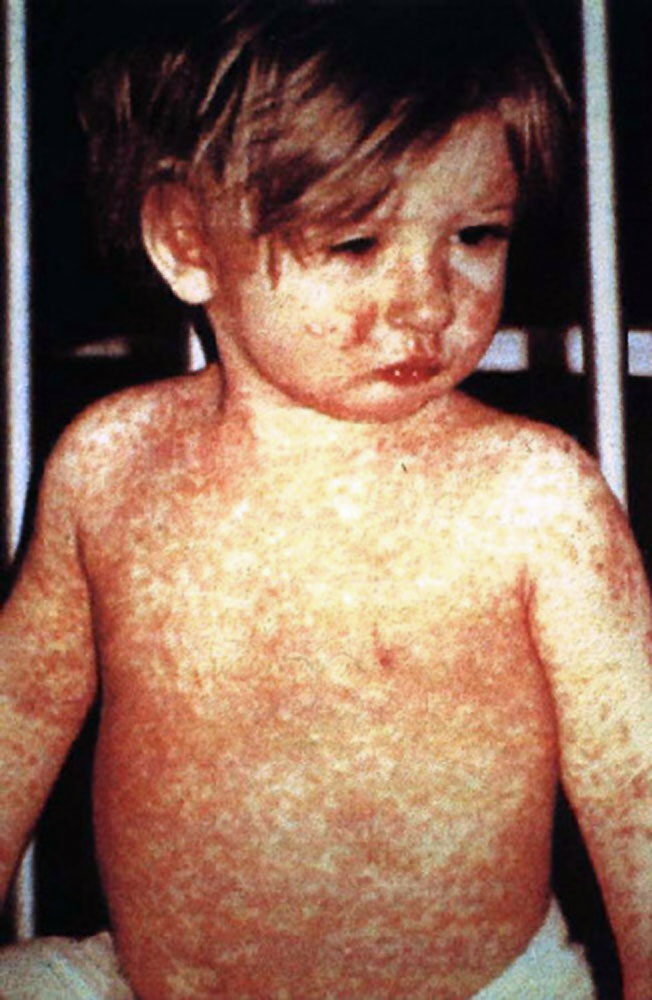Surge in Measles Cases in Europe and the US: Examining Anti-Vaccine Impact

Measles cases are experiencing a significant resurgence in both Europe and the United States, marking alarmingly high rates not seen in decades. This uptick is largely attributed to the pervasive influence of anti-vaccine sentiments, which have roots tracing back nearly 30 years to a discredited study by Andrew Wakefield. The study, published in 1998 in The Lancet, falsely linked the measles, mumps, and rubella (MMR) vaccine to autism, igniting a widespread vaccine hesitancy that has evolved into a substantial public health crisis.
As of 2025, the Council of Europe reported that measles cases in Europe have reached their highest levels in 25 years, while the U.S. Centers for Disease Control and Prevention (CDC) documented a 33-year peak in measles cases across the nation. Approximately 1,200 cases were reported in the U.S. in 2023 alone, a marked increase from previous years (CDC, 2023).
Dr. Emily Carter, an epidemiologist at Johns Hopkins University, emphasizes the importance of vaccination in controlling outbreaks. "Vaccination not only protects individuals but also contributes to herd immunity, which is critical in preventing the spread of contagious diseases like measles," she stated in a recent interview with Health Journal (Carter, 2023).
The World Health Organization (WHO) has echoed these concerns, noting that vaccine hesitancy has led to a reversal of progress in measles elimination efforts worldwide. According to their 2022 report, roughly 23 million children missed their routine vaccinations due to disruptions caused by the COVID-19 pandemic, further exacerbating the risk of outbreaks (WHO, 2022).
Historically, skepticism towards vaccines is not new. Similar sentiments were documented in the 1970s in the UK against the diphtheria-tetanus-pertussis (DTP) vaccine and earlier during the smallpox vaccination campaigns in the 19th century. Dr. Sarah Johnson, a historian of medicine from the University of Cambridge, notes that "the anti-vaccine movement has always found a foothold during periods of social uncertainty, and the current climate is no exception" (Johnson, 2023).
Public health officials are now faced with the challenge of rebuilding trust in vaccines. The recent tragic death of a child in Liverpool, who contracted measles, underscores the urgent need for increased vaccination rates. The circumstances surrounding the child's vaccination status remain unclear, but the grieving community is calling for renewed awareness and education on the importance of immunization (BBC News, 2023).
In response to the growing threat of measles, health authorities are ramping up efforts to educate the public about vaccine safety and efficacy. The CDC is launching new campaigns aimed at dispelling myths surrounding vaccines, which they argue are based on misinformation rather than scientific evidence. "We have the tools to prevent measles; we need to ensure that parents and communities understand their importance," said Dr. Robert Redfield, former CDC director, at a recent public health forum (Redfield, 2023).
The implications of this ongoing crisis are manifold. Economically, outbreaks can strain healthcare systems, diverting resources away from other critical health services. Socially, vaccine hesitancy fosters division and distrust within communities, undermining collective efforts to maintain public health. Politically, the challenge of addressing misinformation and fostering vaccine confidence is becoming increasingly urgent as health officials work to avert further outbreaks.
Looking ahead, experts predict that unless vaccination rates improve significantly, the resurgence of measles could lead to more severe public health challenges. Dr. Carter warns, "If we do not address vaccine hesitancy and misinformation, we risk returning to an era where preventable diseases pose a legitimate threat to our children" (Carter, 2023). This situation is a stark reminder of the interconnectedness of public health and community responsibility, underscoring the critical role that collective action plays in safeguarding public health against vaccine-preventable diseases.
Advertisement
Tags
Advertisement





